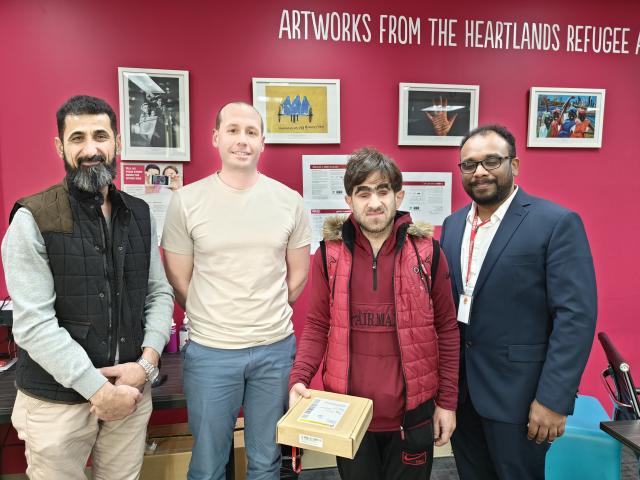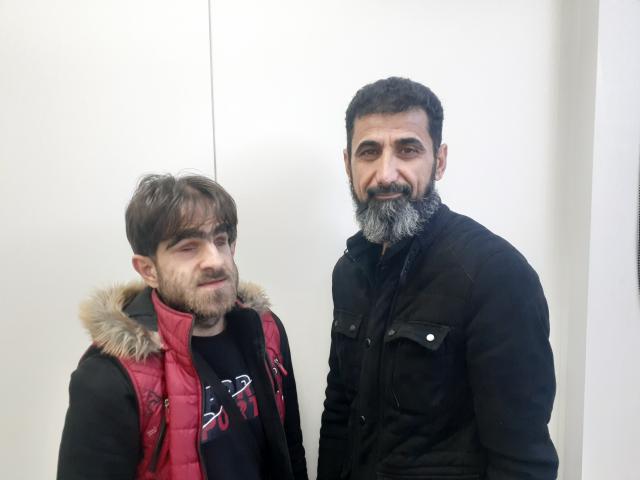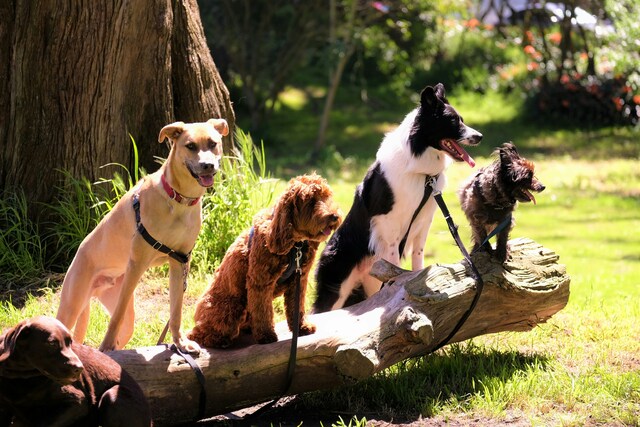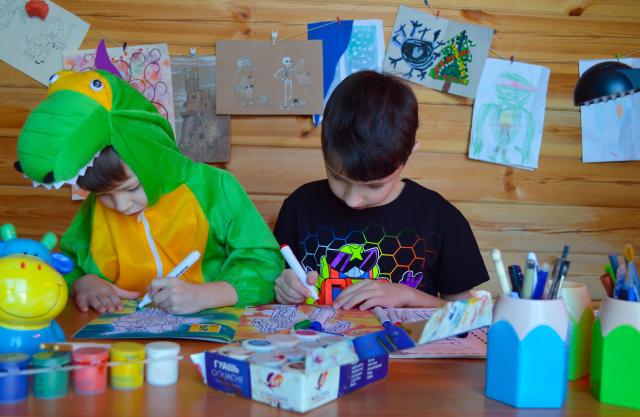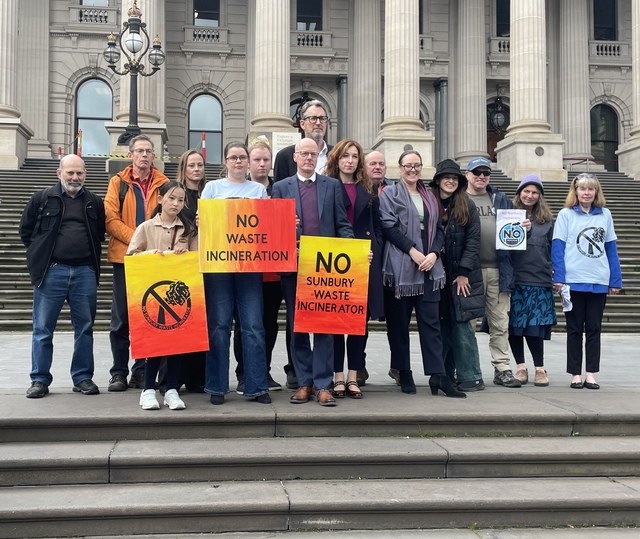As a congenitally blind man born and raised in north-west Syria, Mahmoud Alsayad seemed destined for a life of endless hardships, but a mere month into life in Australia and now settled in Wollert, Mahmoud is dreaming big as Gerald Lynch discovered.
Born in Aleppo, Mahmoud’s early years were marked by challenges, primarily because of his disability. Despite his yearning for education, he struggled in a school system ill-equipped to accommodate his needs.
“My parents didn’t know about the school for vision-impaired children, so I didn’t attend until I was much older,“ Mahmoud recalled.
His family’s rigid control over his life, stemming from their misunderstanding of his capabilities, left Mahmoud feeling like a prisoner in his own home.
As if navigating life with blindness wasn’t demanding enough, the outbreak of civil war in Syria in 2012 plunged Mahmoud into a world of constant fear and uncertainty.
“It was very scary, and I was always stressed. Because I couldn’t see, it was hard to know what was going on, so it was scary,“ he admitted.
As the conflict escalated, Mahmoud and his family were forced to flee Aleppo, a city gradually succumbing to destruction and under relentless siege. For several years, they moved from place to place in search of refuge, a journey fraught with danger and uncertainty.
It wasn’t until 2016 that they made a dangerous 12-hour journey into Turkey, crossing rivers and passing through remote farms to reach a hiding place in a small village. They sought refuge as illegal immigrants, living on minimal financial support from the International Organisation for Migration (IOM). Mahmoud’s brothers managed to find work in construction, allowing the family to survive, but this newfound stability brought Mahmoud increased isolation.
“I was by myself. My family would put me in a room and leave me. Unfortunately, my family didn’t want me to do anything for myself; to study or work or go out to places. They saw my life as just eating, drinking, and sleeping,“ Mahmoud said.
Even simple desires like going shopping for clothes were denied to him, and his family’s shame in public because of his disability weighed heavily on him.
In a bold and daring move that he kept secret from his family, Mahmoud applied for a visa to Australia with the help of an uncle. It took three long years for his visa application to be approved.
“I was tired of being treated as a non-human. I wanted to get out of that storage room and study and work and build a future,“ he explained. Mahmoud was granted a subclass 202 visa, which is designed for individuals facing substantial discrimination or human rights abuses.
“When the visa came through, I didn’t accept straight away. I was unsure about what to do. I didn’t know what life would be like in Australia, but it could not be worse than the life I was living,“ Mahmoud reasoned.
He embarked on research about Australia using his phone, discovering services for the blind and the National Disability Insurance Scheme (NDIS).
Mahmoud’s arrival in Australia marked the beginning of a new chapter in his life. He became a client of AMES Australia, which, in turn, referred him to NDIS provider New Ability Services. With no friends or family in Australia, he found solace in supported accommodation.
At the heart of his newfound support system was Habib Alsaidie, his NDIS care worker. Habib played the roles of guide, translator, and, most importantly, friend.
“Habib has done an amazing job for me. He is like a brother. I want to thank everyone who has supported me,“ said Mahmoud.
Mahmoud’s happiness and newfound sense of independence in Australia were significant factors in his decision to make this journey.
“I came to Australia because I need to be independent. I want to learn English, study, and work. I want to have a family and build a future,“ he said. He also hoped to reunite with his girlfriend Ana, who had been resettled in Germany with her family.
The early days in Australia were made easier with the generous gift of an iPhone from the Australian technology company MOORUP. This iPhone, equipped with vision accessibility features, empowered Mahmoud to communicate, text, and call others simply by using his voice. It became his link to the world.
Mahmoud’s story is not the only of its kind. He is part of a growing number of refugees with disabilities finding safety in Australia. In 2023, AMES welcomed about a dozen newly arrived refugees with disabilities, a marked increase from previous years.
Anthony Ferretto, manager of operations and practice at AMES, explained the challenges these individuals face in their home countries and their anxieties about their settlement experience in Australia.
“In Mahmoud’s case, we approached the Department of Home Affairs for additional funding to support Mahmoud’s accommodation and personal care needs,“ Mr Ferretto said.
This strategic planning led to Mahmoud’s placement in supported accommodation with a live-in carer who could communicate with him in his native language.
Today, Mahmoud stands on the threshold of a new life. He embodies resilience, courage, and the unshakeable belief in the human spirit’s capacity to rise above adversity. His journey from the shadows of despair to the light of hope is an inspiring testament to the compassion and support he has received from people and organisations dedicated to making a difference in the lives of refugees like him.
Mahmoud’s story reminds us that, with determination and a helping hand, even the darkest of circumstances can be transformed into a brighter future. As he pursues his dreams of education, work, family, and independence, Mahmoud serves as a beacon of hope for others facing similar challenges, proving that the human spirit can thrive against all odds.

